China Squeezes PC Makers
Beijing Is Set to Require Web Filter That Would Censor 'Harmful' Internet Sites
By LORETTA CHAO
BEIJING -- China plans to require that all personal computers sold in the country as of July 1 be shipped with software that blocks access to certain Web sites, a move that could give government censors unprecedented control over how Chinese users access the Internet.
The government, which has told global PC makers of the requirement but has yet to announce it to the public, says the effort is aimed at protecting young people from "harmful" content. The primary target is pornography, says the main developer of the software, a company that has ties to China's security ministry and military.
China's Ministry of Industry and Information Technology didn't respond to requests for comment.
The Chinese government has a history of censoring a broad range of Web content. The new requirement could force PC manufacturers to choose between refusing a government order in a major market or opening themselves to charges of abetting censorship.
The software needn't be preinstalled on each new PC -- it may instead be shipped on a compact disc -- giving users some choice. But if installed, foreign industry officials who have examined the software say, it could transmit personal information, cause PCs to malfunction, and make them more vulnerable to hacking. It also makes it difficult for users to tell what exactly is being blocked, officials say.
A spokeswoman for Hewlett-Packard Co., which has the largest PC market share of any U.S. vendor in China, said the company is "working with the government authorities and evaluating the best way to approach this. Obviously we will focus on delivering the best customer experience while ensuring that we meet necessary regulatory requirements."
Susan Stevenson, spokeswoman for the U.S. Embassy in Beijing, said the embassy was studying the new rule to assess its impact. "We would view any attempt to restrict the free flow of information with great concern and as incompatible with China's aspirations to build a modern, information-based economy and society," she said.
The software's Chinese name is "Green Dam-Youth Escort." The word "green" in Chinese is used to describe Web-surfing free from pornography and other illicit content. Green Dam would link PCs with a regularly updated database of banned sites and block access to those addresses, according to an official who tested the product for a government agency.
The May 19 Chinese government notice about the requirement says it is aimed at "constructing a green, healthy, and harmonious Internet environment, and preventing harmful information on the Internet from influencing and poisoning young people."
The software was developed by Jinhui Computer System Engineering Co., with input from Beijing Dazheng Human Language Technology Academy Co.
Bryan Zhang, founder of Jinhui, said Green Dam operates similarly to software designed outside China to let parents block access to Web content inappropriate for children. Some computers sold in China already come with parental-control software, but it isn't government-mandated.
Mr. Zhang said his company compiles and maintains the list of blocked sites, which he says is limited to pornography sites. He said the software would allow the blocking of other types of content, as well as the collection of private user data, but that Jinhui would have no reason to do so. He also said the software can be turned off or uninstalled.
His company plans to transmit new banned addresses to users' PCs through an Internet update system similar to that used by operating-system software and antivirus programs.
The software requirement was outlined in a notice that was issued by China's Ministry of Industry and Information Technology on May 19 but that hasn't yet been publicized by state media. The notice, a copy of which was seen by The Wall Street Journal, says PC makers must ship PCs to be sold in China as of July 1 with the Green Dam software "preloaded" -- pre-installed or enclosed on a CD.
The notice says PC producers will be required to report to the government how many PCs they have shipped with the software. The notice doesn't mention any punitive action for noncompliance.
Sales of PCs in China neared 40 million units last year, second only to the U.S. Chinese company Lenovo Group Ltd. had the largest market share, with 26.7% of units shipped in the first three months of 2009, while H-P had 13.7% and Dell Inc. had 8.1%, according to research firm IDC.
Manufacturers have more than just sales in China to consider when the government asks them to do something: Major PC companies also have investments in factories and research facilities in China.
Dell declined to comment on the software. Lenovo said, "We review all legislation relating to our business," and didn't comment further.
Foreign industry officials say companies have been given little time to properly test Green Dam. "The lack of transparency, the shortness of time for implementation, and the incredible scope of the requirement that is not matched anywhere around the world present tremendous challenges to the industry," said an industry official who has discussed the plans with several major PC makers.
China already operates an extensive Internet filtering system, commonly called the Great Firewall, which blocks access to a range of content, from pornography to politically sensitive sites. Such sites have included those promoting Tibetan independence and the spiritual group Falun Gong; in specific circumstances the government has blocked access to foreign media sites.
But that system blocks content at the network level, and many users circumvent it. The new method could give the government a way to tighten its control, say foreign industry officials who have examined the software.
Having one universal application that opens a link into every computer could also make those computers more vulnerable to cyber attacks. Mr. Zhang said that the software is no riskier than other programs that are updated periodically through the Internet.
Moreover, Green Dam, which is designed to work with Microsoft Corp.'s Windows operating system, could also conflict with other applications, causing glitches or even system crashes, industry officials said.
Wu Weiwei, an official from the government's China Software Testing Center who oversaw testing of the software, said extensive tests of the software have shown no problems.
U.S. Internet companies have for years grappled with demands from the Chinese government to censor content or share potentially private data with police.
Several of the biggest -- including Google Inc., Yahoo Inc. and Microsoft -- joined together last October to announce a set of guidelines for how they would comply with censorship requests from countries such as China, including a promise to be transparent about the requests they receive. But the effort, known as the Global Network Initiative, was criticized by some civil-liberties groups as being short on specifics and not doing enough to fight censorship laws. No computer hardware makers are members of the group.
A Yahoo spokeswoman said that the company would "continue to analyze international developments that may impact our industry." "We strongly support the free flow of information and the right to freedom of expression," she said.
Jinhui's Web site said it has a long-term "strategic cooperative partnership" with a research institute of the Ministry of Public Security on image-recognition technology, as well as long-term "technical cooperation" with the People's Liberation Army's Information Engineering University.
Mr. Zhang said Jinhui has only worked with the Ministry of Public Security on issues concerning pornography.
The Web site of Dazheng, the other software company involved in developing Green Dam, says the company works with the Armored Engineering Institute of the People's Liberation Army, and that it helped the PLA in 2005 produce a system to intercept "confidential" documents.
Wang Jingcheng, deputy general manager of Dazheng, said the Ministry of Industry and Information Technology has "strict regulations and forbids all software companies from collecting any personal information." He added that the software will block content "according to the law."
—Kersten Zhang, Justin Scheck and Nick Wingfield contributed to this article.
Write to Loretta Chao at loretta.chao@wsj.com
“绿坝”软件揭秘
【核心提示:至今年3月底,国内已有约95家网站提供“绿坝”软件免费下载,下载次数共计约326.68万次;约2279所校园装备“绿坝”软件,总装机数达约51.83万台;约6957家网站完成“绿坝”软件安装工作,总装机数达约116.35万台。此外,联想、浪潮、七喜等厂商已签订软件预装协议,已装机数高达约5270万套。】
21世纪经济报道记者 郭建龙
缘于工信部力推,软件“绿坝—花季护航”(简称“绿坝”)正在走红。
5 月19日,工信部下发了《关于计算机预装绿色上网过滤软件的通知》[工信部软(2009)226号,下称226号文]。226号文规定:从今年7月1日开始,在我国境内生产销售的计算机出厂时应预装“绿坝”软件;进口计算机在国内销售前应预装“绿坝”软件;“绿坝”软件应预装在计算机硬盘或随机光盘内,且在恢复分区和恢复光盘中作为备份文件。226号文称,“绿坝”软件具备拦截色情内容、过滤不良网站、控制上网时间、查看上网记录等功能。为在计算机中安装 “绿坝”软件,工信部为此支付了人民币4170万元。
“绿坝”软件意在维护网络安全,2009年已有数次针对网络内容的整顿。
今年1月5日,国务院新闻办、工业和信息化部、公安部、文化部、工商总局、广电总局、新闻出版总署等七部委开始了整治互联网低俗之风的专项行动,在公布的第一批名单中,包括新浪、搜狐、腾讯、网易、谷歌、百度、天涯等网站。迄今为止,全国整治互联网低俗之风行动一共公布了十批网站名单,几乎涵盖了所有知名的网站。
226号文规定在PC上安装“绿坝”软件,通过终端维护网络安全,是工信部监管的新思路,是维护网络安全行动的深化。
揭秘“绿坝”软件
“绿坝”软件的提供商与服务商分别为郑州金惠计算机系统工程有限公司和北京大正语言知识处理科技有限公司。
6 月10日,记者拨通了大正公司的电话,该公司表示,目前的采访统一由工信部安排,大正公司只提供技术支持与服务。记者又拨通了金惠公司某高层的手机,该人士表示,目前两家公司在工信部的牵头下成立了专门的工作组,该工作组的官方网站是一个叫绿航网的网站。“该网站主要由大正方面负责维护,而金惠公司主要负责产品开发和技术维护工作。”
记者拨通了绿航网的电话,该网站人员亦表示新闻发布工作由工信部统一协调。
通过三家网站的资料和之前的公开报道,仍然能够还原整个事情的招标过程。在工信部招标之前,“绿坝”软件的原型实际上是两家公司的两款软件——河南金惠的绿坝软件和北京大正的花季护航软件。根据郑州金惠计算机系统工程有限公司网站上的公开资料,2006年2月24日,中国通信标准化协会在北京成立了“绿色上网标准特设项目组”,金惠公司总工程师汤怀礼应邀以专家身份参与会议,并作为起草组成员参与绿色上网标准的起草工作。
2008 年1月14日,原信产部下发《关于征集绿色上网过滤软件的紧急通知》,在全国范围内征召上网过滤软件,并于2008年1月21日发出绿色上网过滤软件产品一年使用权及相关服务采购竞争性谈判邀请函。记者在金惠公司网站上找到了金惠公司的谈判响应书,在金惠公司的报价表上,软件使用费总价1200万元,技术服务费共17项1500万元,其他费用(第三方监测费用)150万元,共计2850万元。
根据该响应书,金惠公司计划在 2008 年 12 月前投入 2600 万元将营销中心从郑州全部迁往北京,在上海建立面向美国、日本和韩国等国家的产品出口中心,并将部分技术研发力量配置到与公安部第一研究所合作的实验室中。
2008 年5月14日,工信部发出公告,郑州金惠计算机系统工程有限公司、北京大正语言知识处理科技有限公司的产品“金惠堵截黄色图像及不良信息专家系统”和“花季护航上网管理软件”中签。成交金额4170万元,其中郑州金惠计算机系统工程有限公司成交2180万元,北京大正语言知识处理科技有限公司成交1990 万元。
招标完成后,两家公司开始合作。2008年7月,在工业和信息化部的直接领导下,两家供应商项目负责人和主要项目人员共同组成绿色上网过滤软件项目工作组。今年4月1日,工信部发出《关于做好中小学校园网络绿色上网过滤软件安装使用工作的通知》。通知要求,“确保在今年5月底前,各中小学校联网的计算机终端均能安装运行好绿坝—花季护航绿色上网过滤软件。”
网络安全厂商受冲击
针对工信部7月1日安装该软件的要求。浪潮集团新发言人左佰臣的电话表示只要工信部有要求,就会执行。“对浪潮的影响不会很大,因为浪潮不做个人消费PC。 ”他认为预装软件都已经实现了工业化生产,并不是什么难事,不会提高PC制造成本。七喜内部人士告诉记者,七喜买了“绿坝”软件两年使用权限,并对七喜电脑完成了预装。
“整个网络安全行业可能遭受很大影响。”国内一家网络安全公司人士向记者表示。他告诉记者,此前的网络安全监控是在正常的网络流量设置监控。“类似于在用户使用网络的时候查看用户浏览的内容,不影响用户的浏览速度,这样做的缺点是数据获取不全。”
如果通过在用户计算机上安装软件,则一定能够把用户数据获取完全。“相当于先把数据拿过来嚼一遍再交给用户。”这样做会比整个网络安全行业目前所采取的方式更加有效。
但他认为:这会降低用户计算机的效率。比如,对于图片的监测,为了达到识别淫秽图片的目的,必须有足够大的特征库让软件进行自学习,即使这样的情况下,也只能达到70%~80%的识别率,这仍达不到商用的标准。这意味着软件在使用时会存在大量的误杀现象,影响正常的网络访问。
这同时意味着在每台计算机上开了一个后门,这个后门可以被好人使用,也可以被坏人打开,一旦被黑客利用,则后患无穷。上述人士分析:“如果该公司的网站能够被黑客攻破,那么其产品也可能会被黑客攻破,这意味着安装此类产品的计算机很可能变成肉鸡,甚至用户的电子邮件、信用卡操作、击键记录等都可能存在风险。 ”他说:公司此前也做过类似的产品,但后来放弃了。
至于中标的这两家公司,根据网站公开资料,郑州金惠计算机系统工程有限公司成立于1997年6月,位于郑州高新技术开发区樱花街5号,注册资金2000万元。企业法人赵慧琴曾任北京医疗器械研究所所长,中科院科海集团党委书记、常务副总裁。北京大正语言知识处理科技有限公司成立于2000年,由中科院声学研究所和北京麦纳新技术有限公司共同组建,注册资金1000万(其中知识产权出资700万),法定代表人孟东豫。两公司都与中科院有关。
上述人士表示,他第一次听说这两个企业是在今年的4月,当时爆出消息,“绿坝”软件将在各中小学校进行推广。当时业内认为这款软件将只在学校的计算机上进行安装,不会推广到全社会。6月初再次爆出消息,该软件要安装在国内所有的计算机上。
推行建议
游认为一个好的软件关键看他用在什么领域。对于什么样的人该安装,游云庭建议三个领域:为了避免青少年接受不良信息,中小学校的电脑应该安装这款软件;对于政府机关而言,考虑到安全性的需要,应该安装绿坝软件屏蔽不良信息;对于国家控股的企事业单位,也可强制推行安装。
对于各私人企业和个人,游建议政府以鼓励为主,不强制安装。同时要给用户以选择权,在安装和激活的时候都必须得到用户的同意,并给与用户明确的卸载软件的选择。
他认为,根据我国的相关法律法规,对于黄色内容,下列八种行为会受到处罚,包括:制作、复制、出版、贩卖、传播、出租、出售和组织播放黄色内容。但如果一个年满18周岁的成年人在家里闭门浏览此类信息,并不违反法律法规,虽然法律不会鼓励不提倡,但也不禁止。
“从法律上说,这款软件如果利用得当,能够起到保护未成年人的目的。”上海中汇律师事务所律师游云庭向记者表示。
根据该软件官方网站绿航网的数据,至今年3月底,国内已有约95家网站提供“绿坝”软件免费下载,下载次数共计约326.68万次;约2279所校园装备“ 绿坝”软件,总装机数达约51.83万台;约6957家网站完成“绿坝”软件安装工作,总装机数达约116.35万台。此外,联想、浪潮、七喜等厂商已签订软件预装协议,已装机数高达约5270万套。
关于计算机预装绿色上网过滤软件的通知
工信部软〔2009〕226号
有关单位:
为构建绿色、健康、和谐的网络环境,避免互联网不良信息对青少年的影响和毒害,工业和信息化部、中央文明办、财政部按《政府采购法》有关要求,使用中 央财政资金买断“绿坝-花季护航”绿色上网过滤软件(以下简称“‘绿坝-花季护航’软件”)产品一年使用权及相关服务,供全社会免费使用。经综合测试和试 点应用,该软件产品可有效过滤互联网不良文字和图像内容,已具备计算机厂商预装条件。
为进一步巩固整治互联网低俗之风专项行动成果,坚持惩防结合,切实保护未成年人健康成长,推动互联网健康有序发展,根据全国整治互联网低俗之风专项行动的总体部署,现将计算机预装绿色上网过滤软件的具体要求通知如下。
一、在我国境内生产销售的计算机出厂时应预装“绿坝-花季护航”软件最新适用版本;进口计算机在国内销售前应预装“绿坝-花季护航”软件最新适用版本。
二、“绿坝-花季护航”软件应预装在计算机硬盘或随机光盘内,且在恢复分区和恢复光盘中作为备份文件。
三、“绿坝-花季护航”软件提供者应采取积极措施,支持计算机生产企业开展预装相关工作。
四、计算机生产及销售企业应于2009年6月底完成“绿坝-花季护航”软件预装测试等相关工作,2009年7月1日后出厂和销售的计算机应预装“绿坝-花季护航”软件。
五、计算机生产者和“绿坝-花季护航”软件提供者在2009年内应按月向工业和信息化部软件服务业司报送上月计算机销售数量、过滤软件预装数量及工作建议,自2010年起于每年2月底之前上报上一年度数据。
对于逾期未预装、不按时上报、虚假上报和拒不上报的,工业和信息化部将责令其限期补报或改正。
二��九年五月十九日
2009-06-12 21:37:06 来源: 法制晚报(北京) 跟贴 0 条 手机看新闻 工信部日前下文要求国内新售电脑必须预装一款名为 “绿坝-花季护航”的绿色上网软件。当媒体和公众还在为这款软件强制安装后能否卸载、是保护消费者还是监控用户而争论不休的时候,一些电脑爱好者坐不住了,他们开始摩拳擦掌地检验这个“绿坝”到底有多“牛”。
据报道,检验的结果令人大跌眼镜——短短几天内,网上就出现了各种破解方法。
虽然这些破解方法尚未得到权威部门的认证,其效果如何还很难确定,但这么多人都宣称找到了破解软件的不同方法,还是难免加深公众的疑虑。
其一,“绿坝”的安全性和稳定性到底如何?假如该软件反而被黑客操纵利用,后果会不会不堪设想?
其二,如果“绿坝”真的很容易“溃堤”,还值得相关部门强力推广吗?因此投入的财政资金,最后会不会打了水漂? (本文来源:
法制晚报 作者:乔志峰)
![[Koreas photo]](http://s.wsj.net/public/resources/images/AI-AV702_KOREAS_D_20090611140817.jpg) Bloomberg News
Bloomberg News ![[Productivity Problem chart]](http://s.wsj.net/public/resources/images/AI-AV702_KOREAS_NS_20090611140817.gif)
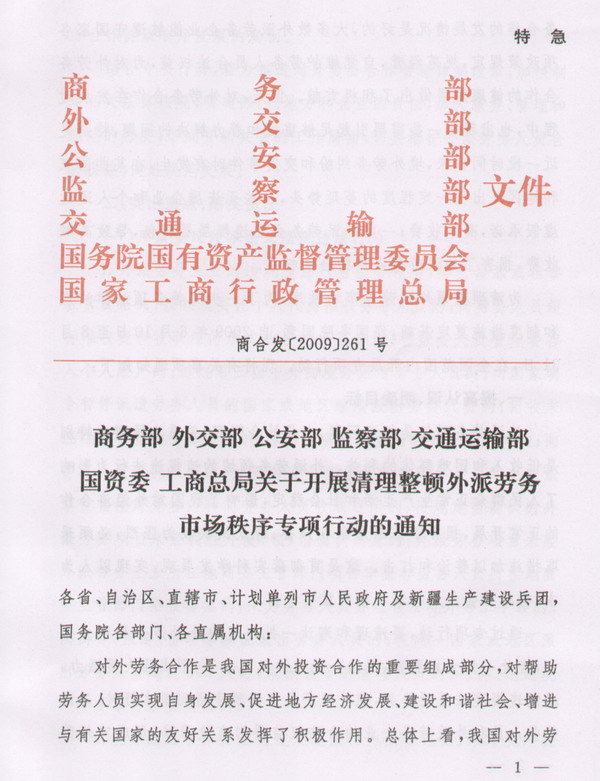
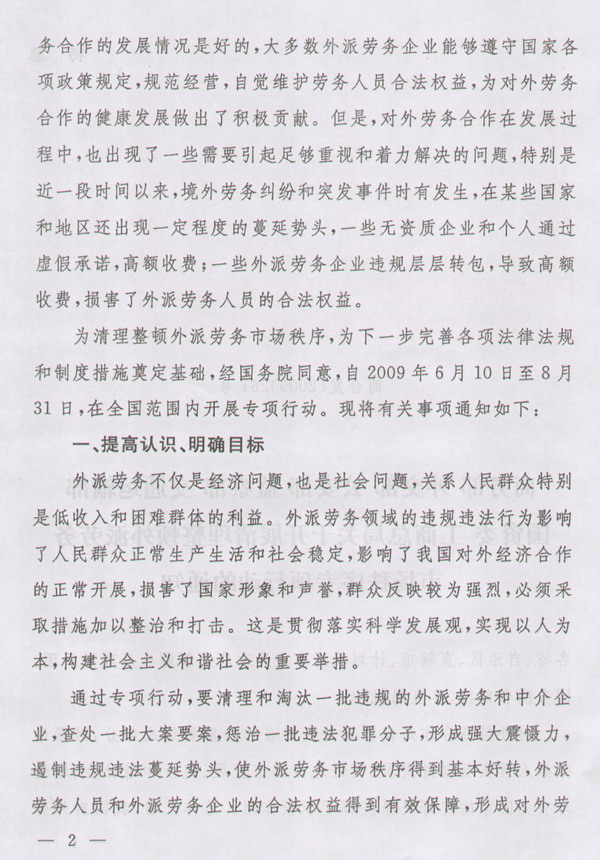
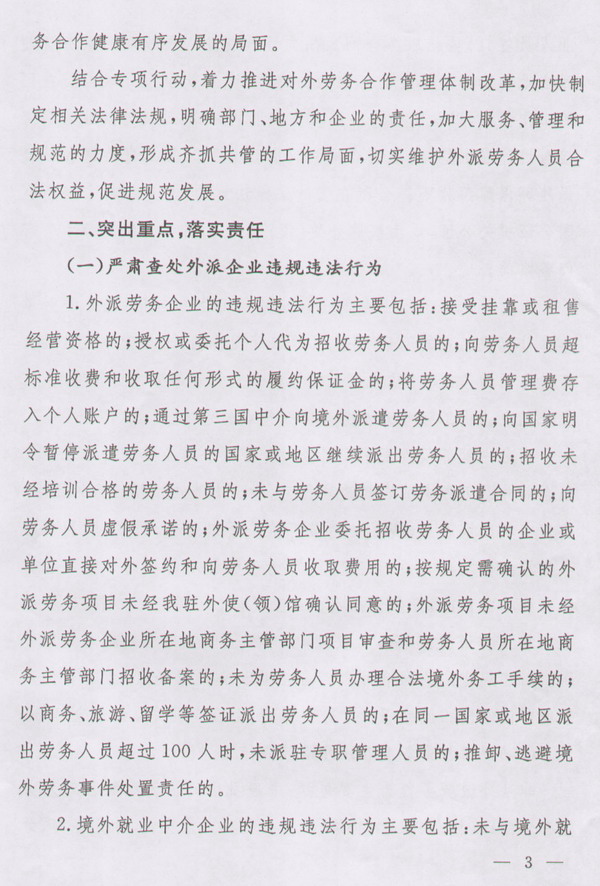
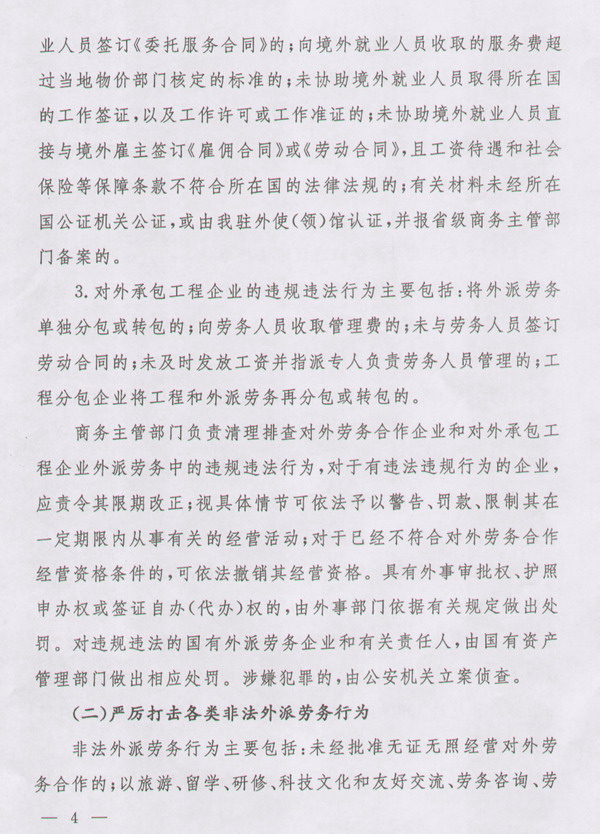
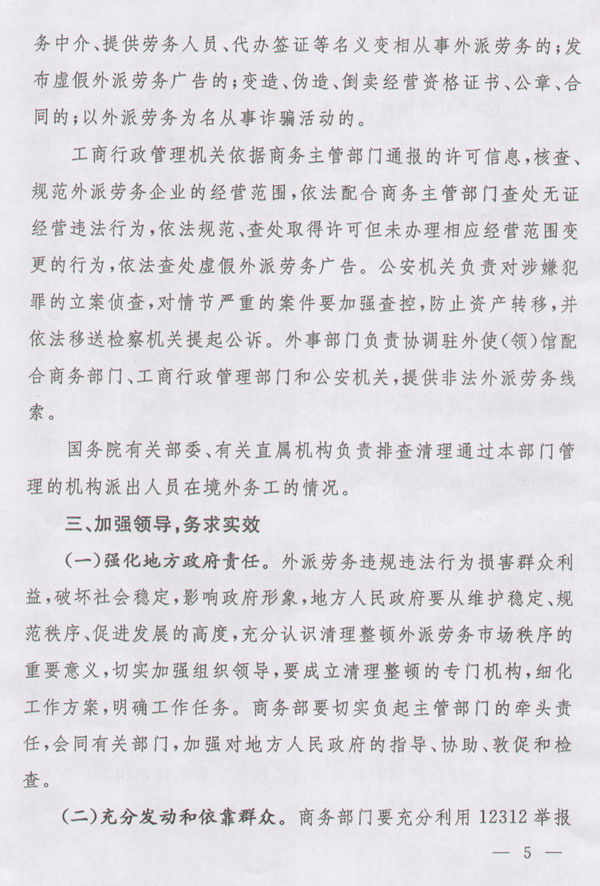
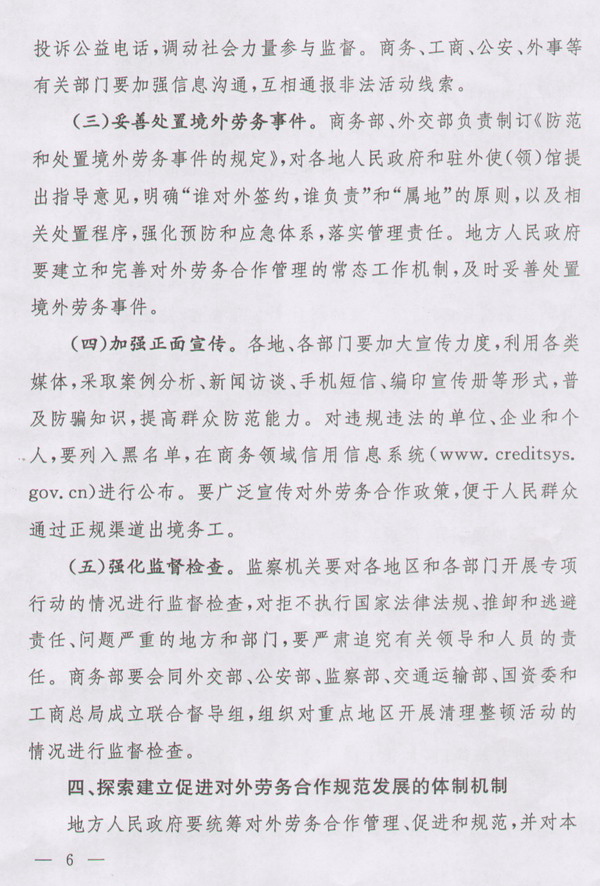
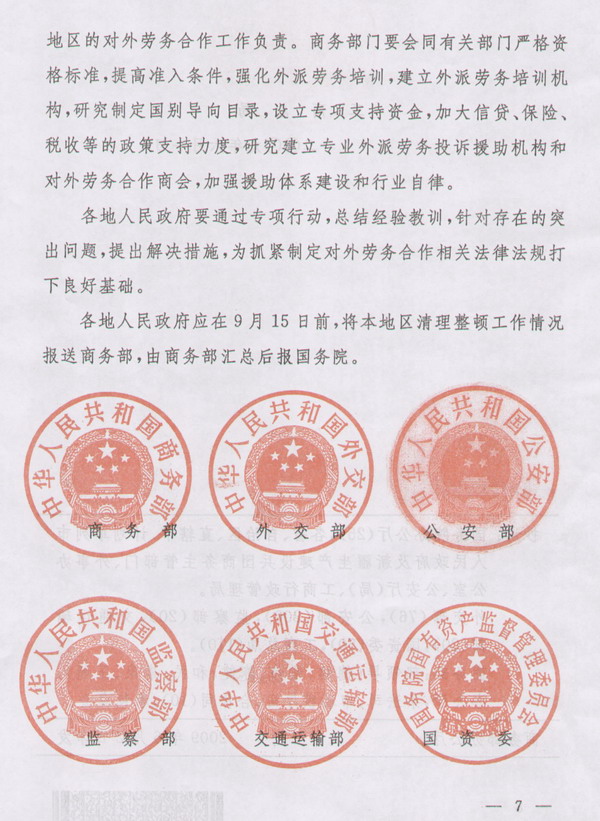
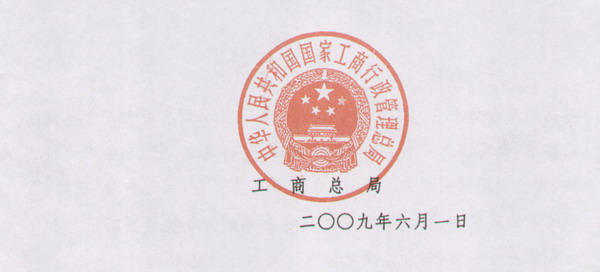




So, how many computers sold in the US are produced in China? Would computers sold here to US consumers come pre-installed with Chinese software?